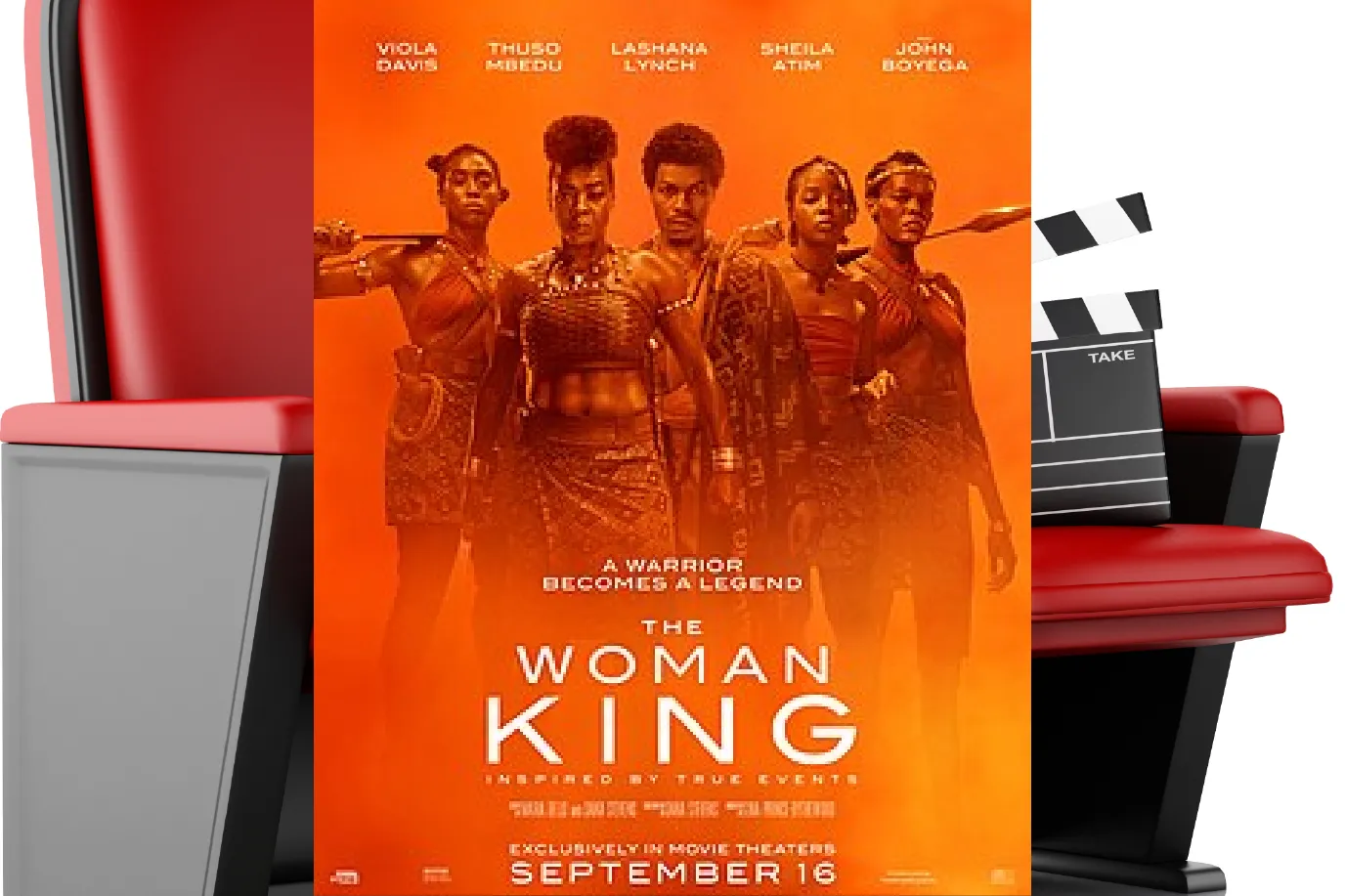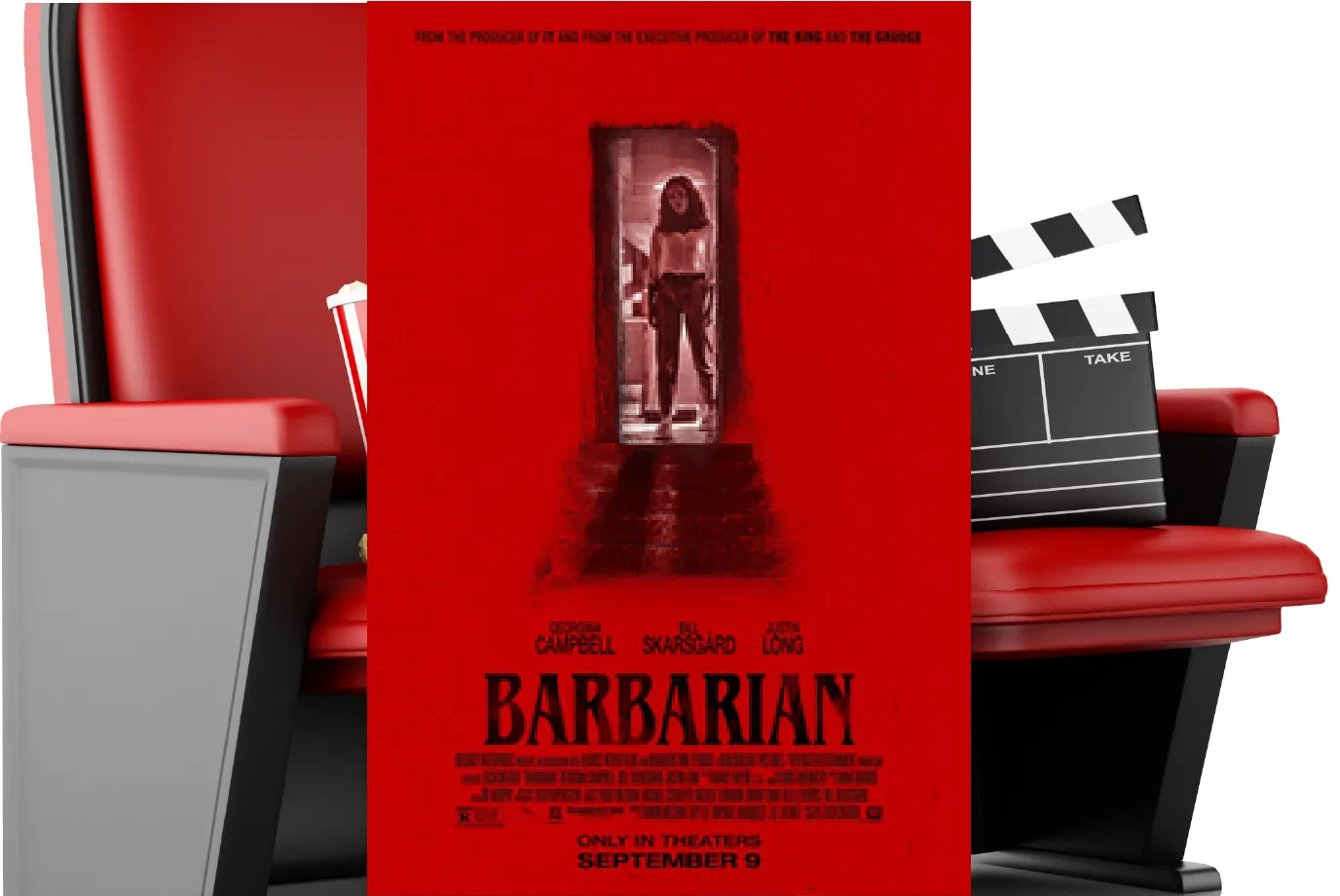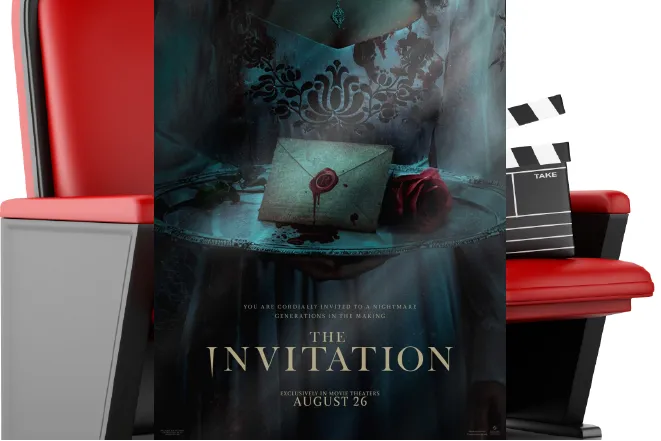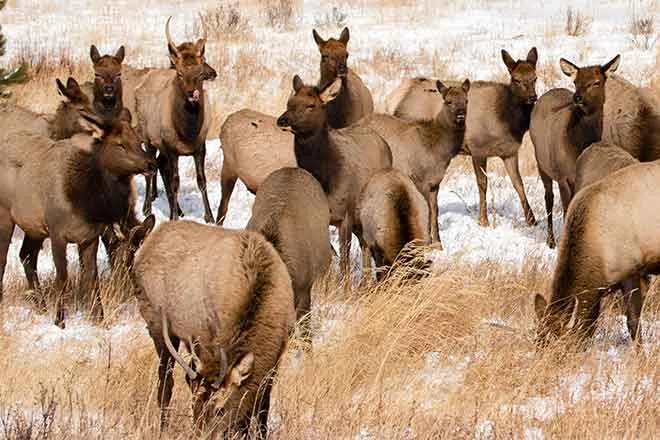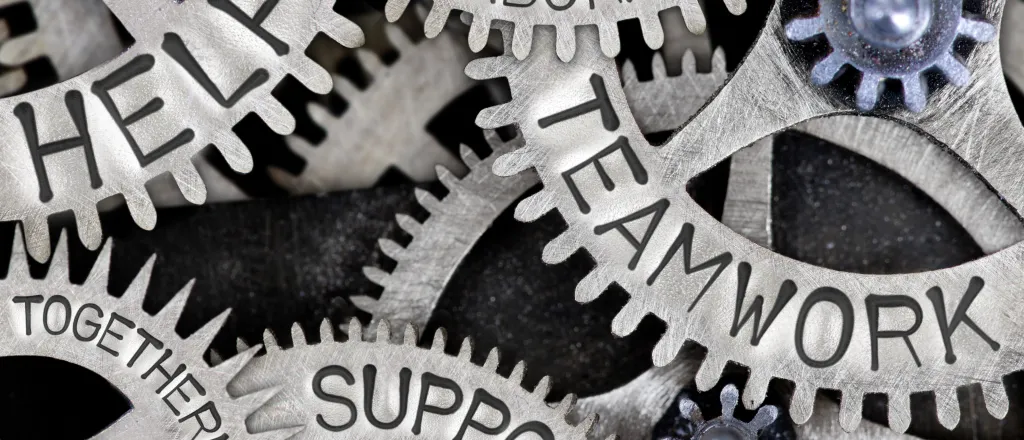
Theater group works to inspire action in alignment with MLK
Click play to listen to this article.
(Colorado News Connection) Boulder's Motus Theater is hosting an event today for anyone curious about continuing the work of Dr. Martin Luther King Jr. -- including addressing the ongoing mass incarceration of Black people in the U.S.
Initially sentenced to five years' probation for defending herself under gun fire, Candice Bailey spent 13 years locked inside the criminal justice system after falling into a series of bureaucratic traps.
Bailey, part of the Motus Theater now, will share this experience alongside effective reform strategies.
Bailey said systems don't change people. People change systems.
"There is a huge separation between those who make the laws, and those who are subject to the laws," said Bailey. "I think that there needs to be more citizen oversight."
After re-entering the community, Bailey's advocacy helped change over 30 Colorado laws.
The second annual "Dr. King Jr. and the Radical Roots at the Heart of Justice" program also features the nationally acclaimed music duo The ReMINDers, and a host of other artists.
The event kicks off at 2:30 pm, offering plenty of time for those attending Denver's Marade to get to Boulder's Dairy Arts Center.
The event will also explore Dr. King's far less publicized call for a more radical transformation to achieve goals stated in his better-known "I Have A Dream" speech.
Norma Johnson, a featured Colorado poet and social justice leader, will spotlight a 1967 speech addressing the nation's triangle of illnesses - poverty, racism, and militarism - what Dr. King called the "Three Evils of Society."
"'The problems of racial justice and economic injustice cannot be solved without a radical redistribution of political and economic power,'" quotes Johnson. "We all have skin in the game."
University of Colorado Boulder Professor Reiland Rabaka said he sees the event as an opportunity for participants to help fulfill Dr. King's dream by building a "beloved community" here in Colorado.
The Director of the CU's Center for African and African American Studies said another world is possible, but only if we are willing to work for it.
"A world," said Rabaka, "where LatinX folks, Native Americans, Asian Americans, African Americans and European Americans finally come together and work together to rescue and reclaim our humanity."



